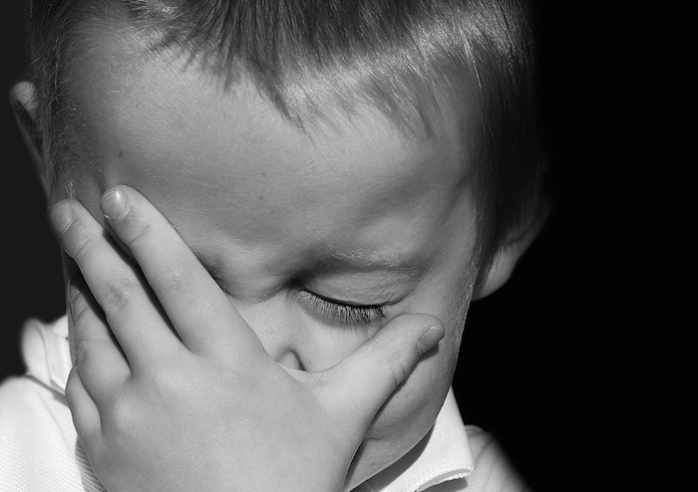You could spell it out, of course, but you’re left with that nagging feeling that you haven’t quite managed to capture the essence or feel of it. These words are the untranslatables, and now there’s a 1,300-page book that examines hundreds of these terms and the concept of untranslatability itself.
The world in words
Dictionary of Untranslatables, translated from the French original and edited by renowned scholars from around the world, examines seemingly untranslatable words from a philosophical, political and cultural perspective. Take the word Glück, for example. Does happiness or bonheur truly reflect the concept surrounding the word? Glück can be interpreted as happiness caused by good fortune and conveys a sense of fickleness; Seligkeit may be a better word for the deep, spiritual and constant happiness that can be pursued. The word is not untranslatable per se, but historical and cultural differences have given its counterparts a slightly different meaning.
What about the word fair? One of the editors, Michael Wood, points out that there is no true equivalent in French or German. Although the book attempts to translate it as équité in French, Wood states that the term means “just getting things right and doing things by the book, whereas my idea is that sometimes, to be fair, you’d have to not do things by the book.” Then there are words that have no true equivalent – terms such as Zeitgeist and Schadenfreude may have been incorporated into the English language precisely because they are untranslatable.
Obsessive compulsive translators
Just as there is no ‘right’ answer in translation, the book does not offer an easy solution to these untranslatables. To a translator, this book is not so much a catalogue of reference as a collection of failures; all the traps, curveballs and headaches that we come across in our daily work are here – the Geborgenheit, the Vorfreude, the Dasein – along with philosophical meanderings on each term.
It is hardcore proof that translation isn’t just about stringing words together, but about capturing emotions, history, culture and social rules as fully, accurately and efficiently as possible. There may even be times when the most accurate translation may not be the right translation for conveying the spirit of the text. It opens up the big question of how language defines our personality and values, but that’s another topic all together.
A piece of me
The irony that the book has been translated into many languages is not lost on the writers or readers. It suggests that untranslatability is in fact an illusion. Nevertheless, some untranslatables sum up concepts so beautifully, it seems inevitable that something is lost when rendered into another language. You may even feel a sense of superiority, as though you possess the ability to see and observe the world differently through the other language.
Words dear to me are lovely, awkward, serendipity, yoroshikuonegaishimasu and otsukaresama. I also have a soft spot for Kabelsalat. What are your favourites? Take a look at these beautiful illustrations for inspiration.
Bild: «Pixabay» (CC0)
